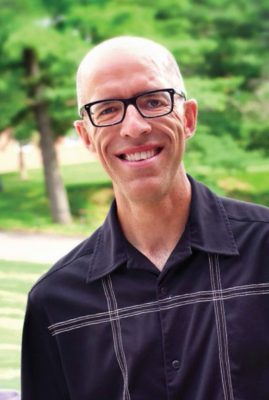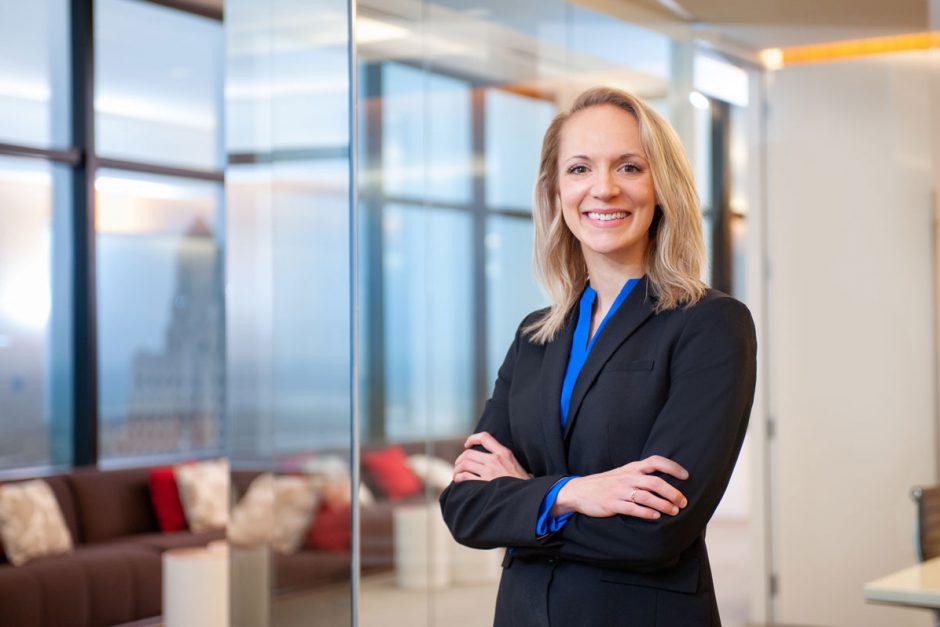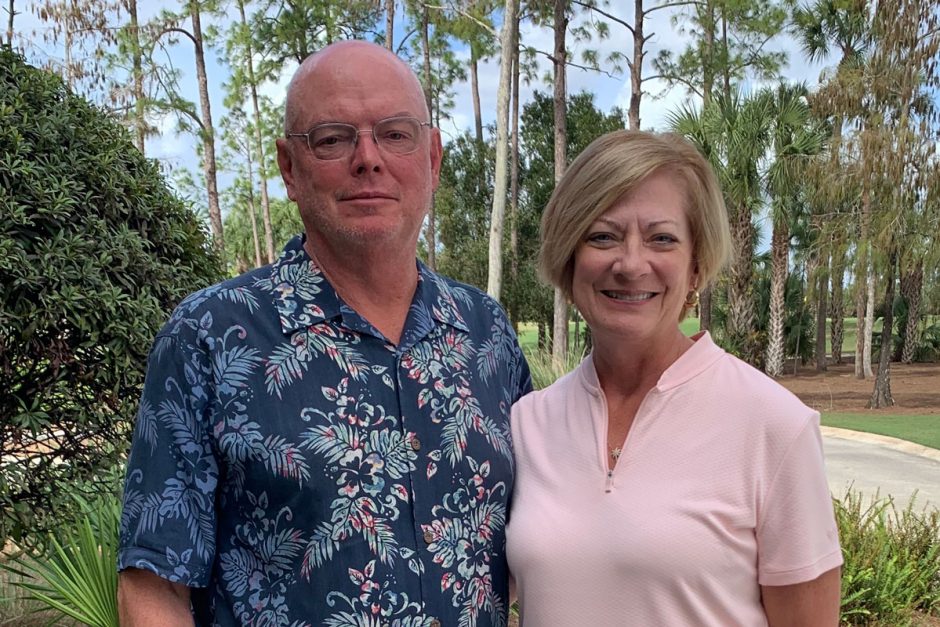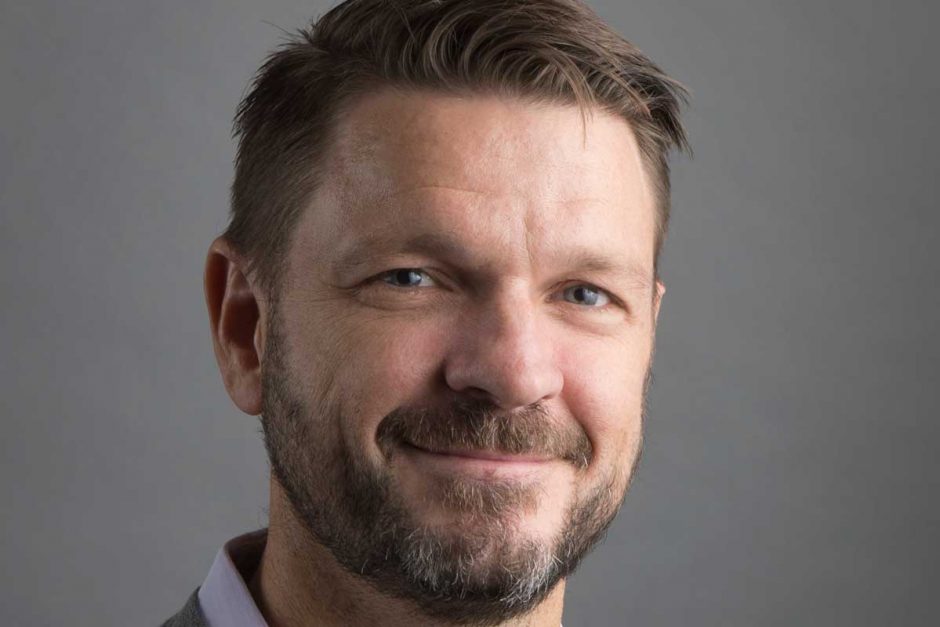Research fueled passions and a career
After Cornell Scott Gehler ’98 earned his Ph.D. in neuroscience at the University of Minnesota-Twin Cities. In 2004 Gehler went to the University of Wisconsin-Madison to conduct postdoctoral research studying the mechanisms by which breast density plays a role in breast cancer. He then worked for a small biotechnology company leading the research and development group in developing new products and expanding the applications of existing products for use in drug discovery. After being away from academia for some time, Gehler realized how much he missed teaching and mentoring students. Since 2011 Gehler has been an assistant professor of biology at Augustana College in Rock Island, Illinois. He was part of an alumni panel for the Cornell Summer Research Institute in July.
 Q: How did your faculty-student research at Cornell affect your career path?
Q: How did your faculty-student research at Cornell affect your career path?
A: I came to Cornell knowing I wanted to major in psychology because I was fascinated by the brain and human behavior, but I didn’t know what I wanted to do with that degree. However, through taking various classes in both psychology and biology, I discovered I was passionate about the biology of the brain as it pertained to both normal and pathological functioning. My research experiences at Cornell reinforced my passion to pursue graduate school in neuroscience. Through these experiences, I was introduced to both laboratory and literature-based research that helped equip me with the skills to succeed in graduate school.
Q: What do you most value about your Cornell education?
A: The relationships I made with the professors. The professors I got to know well had my best interests in mind and displayed a personal interest in me as a student as well as a person. I am still surprised by what professors remember. For instance, I visited Cornell a few years ago and ran into Carol Lacy-Salazar who I hadn’t seen since I left Cornell. She recognized me and brought up the time we danced to a mariachi band while spending a term in Mexico. I continue to be in touch with a few professors to seek professional advice, as well as to share stories of family.
Q: What’s the most important thing you learned at Cornell?
A: To have a five-year plan, but also know that it will be OK when plans change. I entered Cornell thinking I might pursue medical school or graduate school in developmental psychology. However, through the various experiences and opportunities, many conversations with professors, and much self-reflection during my time at Cornell, I discovered my passions were in research. Fast forward about 12 years and many five-year plans later, I finally figured out my calling.
Q: What person on campus had the biggest impact on you?
A: Barbara Christie-Pope played a critical role in helping me figure out where my passions were in science. She brought unparalleled energy and spontaneity to teaching that was inspiring. Barbara was tough, but fair, and also displayed a quirkiness in the classroom and lab that made learning so much fun. Sue Astley was so important in helping me figure out who I was. As my advisor and professor, she was so thoughtful and patient in helping me answer my own questions. Finally, Craig Tepper was important in reinforcing my decision to pursue graduate school. I didn’t get to know Craig very well until my senior year. However, he always had time for me when I would come to his office and chat about science and graduate school. The characteristics that Barbara, Sue, and Craig exhibited in my relationship with them have had a profound impact on how I teach and mentor my students at Augustana.
Q: What makes you happiest?
A: Being outdoors … especially with a fishing pole in my hand. My boys really enjoy fishing as well, so it is a lot of fun to make memories with them.



